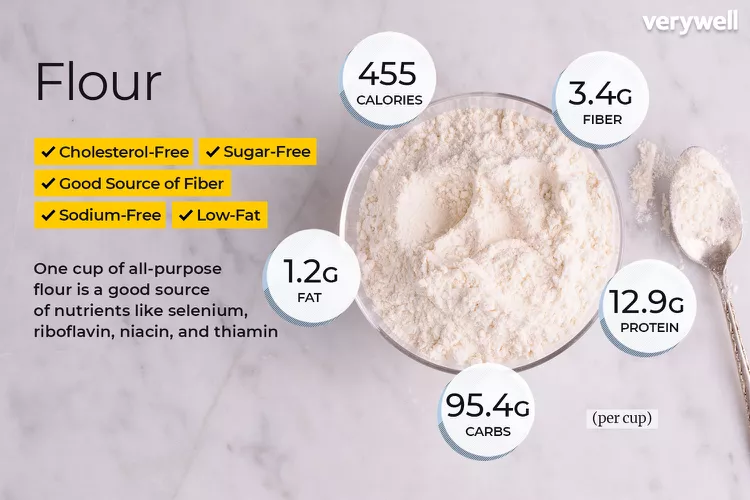The glycemic index (GI) may play a role in weight loss and weight management, although it is not the only factor to consider. Here’s how GI may relate to weight loss:
- Satiety and appetite control: Foods with a low GI are digested more slowly, resulting in a slower and more sustained release of energy. This may help you feel full longer, reduce hunger pangs, and potentially reduce overall food intake, which may support weight loss efforts.
- Blood sugar stability: Consuming low-GI foods can help stabilize blood sugar levels, preventing spikes and crashes. This stabilization may contribute to improved energy levels and reduced cravings for high-calorie, sugary foods, which may aid weight management.
- Improves insulin sensitivity: Low GI diets may improve insulin sensitivity in some individuals. Improved insulin sensitivity may help the body use glucose more effectively for energy and potentially support weight loss goals.
- Food choices: Choosing more low-GI foods, such as whole grains, legumes, fruits and vegetables, as part of a balanced diet can lead to a healthy overall eating pattern, which may indirectly contribute to weight loss.
However, it is important to note that GI is only one factor influencing weight loss. Other factors such as overall calorie intake, portion size, macronutrient composition, individual metabolism, physical activity level, and overall diet quality also play important roles.
Chat Now Gehuwala- Click Here
Glycemic index and weight loss FAQ
1. How does the Glycemic Index (GI) relate to weight loss?
GI measures how quickly carbohydrates in food raise blood sugar levels. Foods with a low GI are digested more slowly, causing a gradual rise in blood sugar. Choosing low-GI foods can help manage hunger, reduce cravings, and aid weight loss efforts.
2. Can the Glycemic Index assist in weight management?
Yes, increased intake of low GI foods, such as fruits, vegetables, whole grains and legumes, can contribute to weight management by providing a feeling of satiety, reducing appetite and potentially helping to control calorie intake.
3. How do low-GI foods affect hunger and satiety?
Low GI foods generally take longer to digest, causing a slower release of glucose into the bloodstream. This slower digestion can help maintain the feeling of fullness for longer periods of time, reducing the frequency of hunger and potential overeating.
4. Do all low-GI foods support weight loss equally?
not necessarily. While low-GI foods can aid weight loss, overall nutritional content, portion size and calorie intake are important factors. A well-rounded diet that includes low GI foods with a variety of nutrients is important for overall health and weight management.
5. Can high-GI foods be included in a weight loss plan?
High-GI foods can be included in small amounts in a balanced diet, especially when combined with low-GI foods. It’s important to consider portion control and the overall nutritional content of the food, even when including high-GI foods.
6. Is the Glycemic Index the only consideration for weight loss?
No, weight loss involves various factors such as overall calorie intake, portion size, macronutrient balance, physical activity level, individual metabolism and lifestyle habits. GI is just one aspect to consider in a comprehensive weight loss plan.
7. How can one incorporate low-GI foods into their diet for weight loss?
To include more low GI foods, focus on including fruits, vegetables, legumes, whole grains, nuts and seeds in your meals. Aim for a balanced diet that includes a mix of low GI carbohydrates, lean proteins, healthy fats and fiber-rich foods.
8. Should individuals consult a professional when using the GI for weight loss?
It is advisable to consult a health care professional, registered dietitian or nutritionist for personalized guidance on incorporating GI into a weight loss plan. They can provide tailored advice based on individual health needs and weight loss goals.




